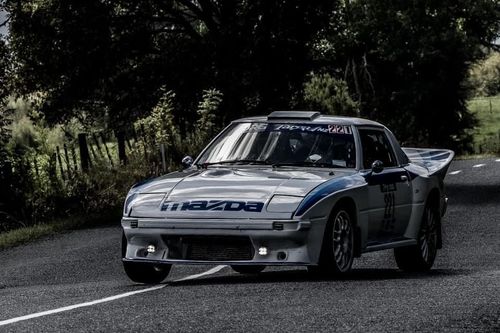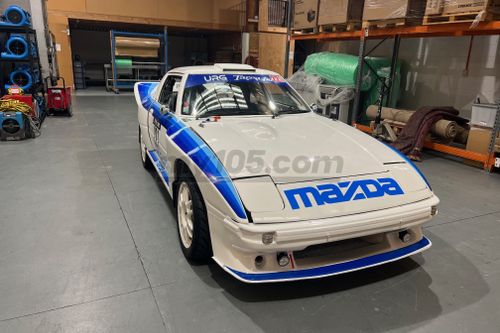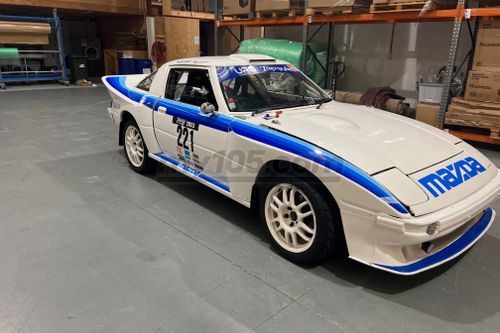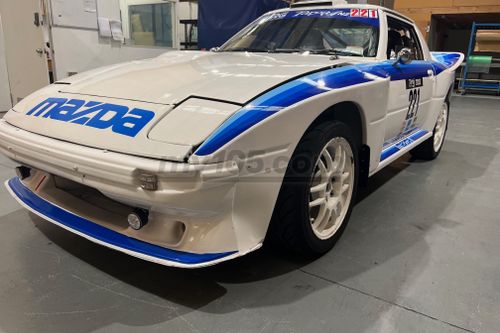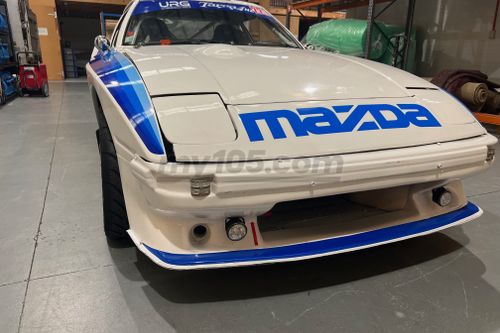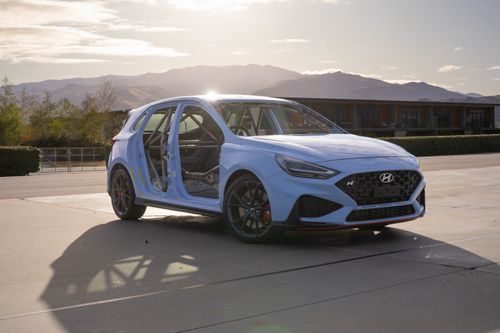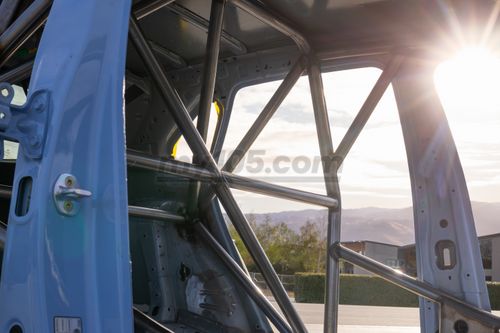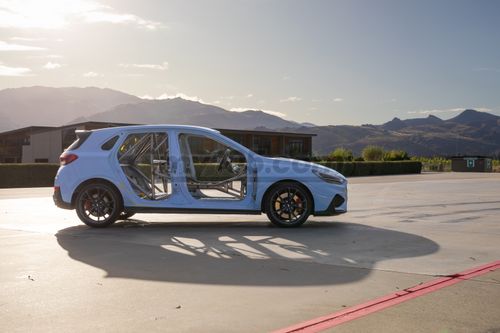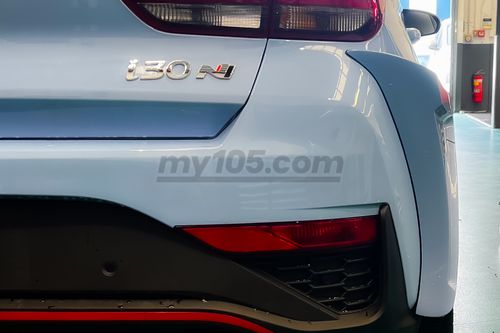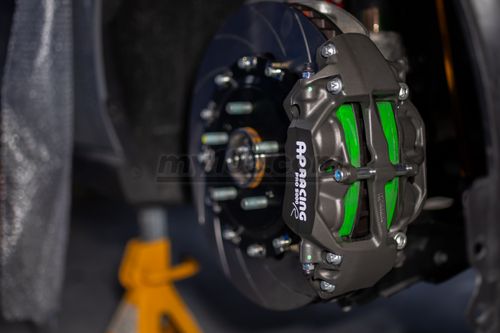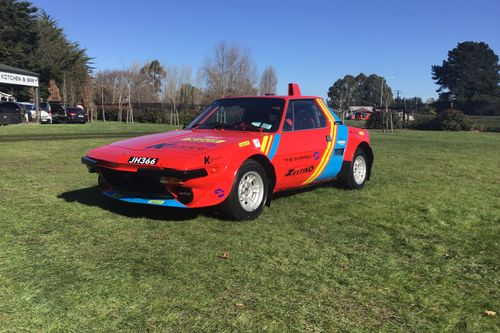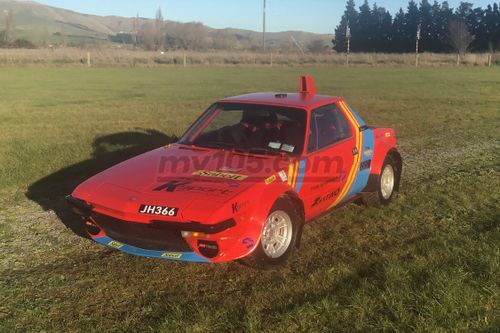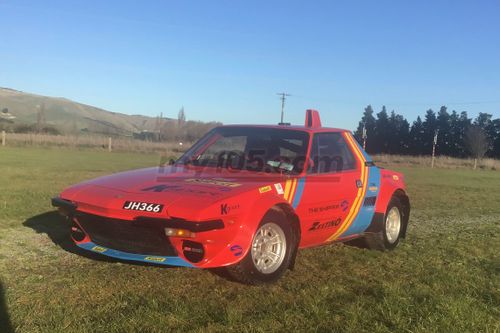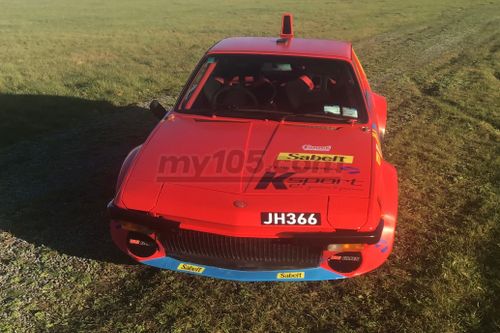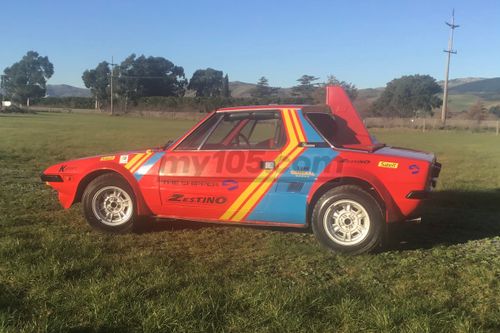3 Rally Cars for sale in New Zealand
Rally cars are typically designed with a focus on durability and all-weather performance, as they often have to contend with a wide range of conditions during competition. They are usually based on production cars, but often have modifications that make them more suitable for rallying. Many are actually road legal because rally events often take place on public roads.
Rally cars are typically equipped with a handbrake, which is used to initiate a four-wheel drift around corners. This is one of the most iconic aspects of rally driving, and it takes a great deal of skill to master. Rally drivers also need to be very adept at reading the terrain and making quick decisions on the best line to take through a stage.
Co-drivers play a vital role in rally competitions, as they are responsible for reading stage notes and communicating them to the driver. This allows the driver to focus on the task at hand and maintain a good pace through the stage. Co-drivers also keep track of the car's position during the rally, which is crucial information for both the driver and team strategists.
Most modern rally cars are four-wheel drive, which gives them better traction on loose surfaces such as gravel or dirt. This is useful in rally competitions, where the stages (the individual sections of the race) are often run on such surfaces. Historically, rally cars were mostly two-wheel drive. However, four-wheel drive rally cars began appearing in the 1980s, and by the early 1990s, they became the norm in rallying.
If you're interested in getting started in rally racing, there are a few things you'll need to do. First, you'll need to find a car that meets the requirements for the class you want to compete in. Once you have a car, you'll need to make sure it's prepared for racing. This includes adding safety equipment, such as a roll cage, and making any necessary mechanical modifications. You'll also need to get a racing license from your local motorsport authority.
Live Cars (3)
Popular Past Cars (38)
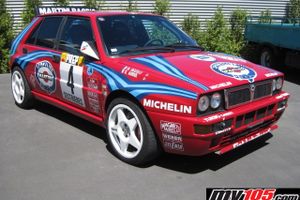
Lancia Intergral Evo 11
Lancia Intergral, Tarmac Spec, D Auriol Tribute, Full martini decals , Tarmac suspesion etc, Idea Targa Car . Needs Updated rollcage , Old one has been removed, as not up to nz/aust spec
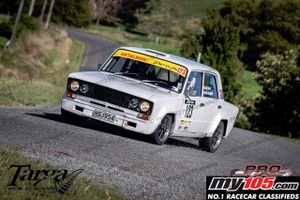
Lada 2103 / Fiat 124 Special T
This is a Lada 2103 Body seem welded and serious rollcage, lightened doors, all plastic glazing except front screen, fibreglass arches, relocated fuel filler. The body kit is from a VFTZ lada rally ca
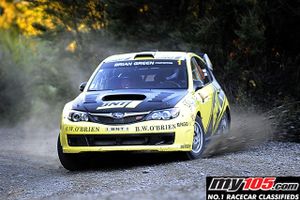
NZ's Most Successful Rally Car
Here's your chance to own the most successful Rally Car in NZ's 40yr history! Richard & Sara Masons car currently in open class trim. Weighing in at 1350kg (2 spare tyres & tools) this car has a long
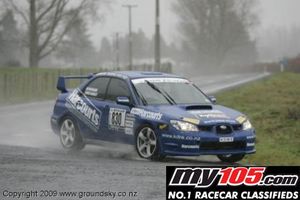
Subaru Impreza
This car won the 2007 NZ National Rally Title and has hardly been used since, so has done very little work. Fully specced and would suit gravel or tarmac. If you have the talent then this is the car f
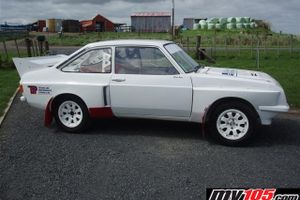
Ford Escort BDA Mk II
Rebuilt 1730cc BDA Fuel Inj,Dry Sump,Link ECU,Twin Plate Clutch,Rocket Gearbox,Quickrack,GRP4 Bilsteins,4PotJFZ,Alloy Hubs,Bosch M/S Pumps,Pedalbox,5 Link,F/Float REMSD Hilux LSD,Substantial Rollcage,
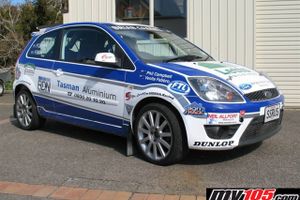
Ford Fiesta ST 150
Ford Fiesta ST 150 Rally Car - 2006 model - Has been a very competitive car at club and national level - Comes with 8 15’’ gravel wheels and tyres and four 17’’ tarmac wheels and tyres - Comes wit
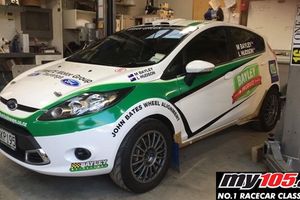
Ford Fiesta R2
2012 Ford Fiesta R2 Competed at the top level in the New Zealand Rally Championship for the last 4 seasons, Built by Pro Speed Developments and Neil Allport Motorsports in 2012, Won 2 National 2w
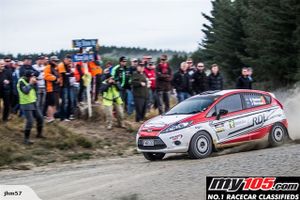
Ford Fiesta R2
2013 New Zealand Rally Championship 2wd Winning Car MSport engine kit Sadev sequential gearbox with new crown wheel and pinion Reiger suspension Big AP brakes Full M-Sport gravel kit with lots of
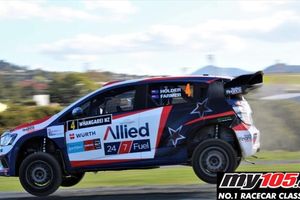
Holden Barina AP4
Owned and campaigned by Ex V8 supercars driver Greg Murphy over the past 2 seasons in NZ. More recently campaigned by David Holder at APRC Rally Whangarei finishing successfully in 2nd. Built to AP4
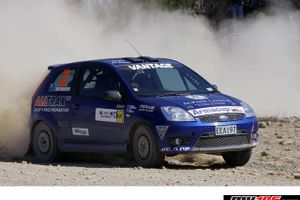
ford fiesta st150
-Ex Mark Tapper Championship winning Fiesta. -Complete M-Sport kit plus the extra kit. -Hydraulic handbrake, flocked dash, roof vents. etc -This car has more than all the M-Sport Fiesta's in NZ -Sh
Browse Categories
- Box Trailers
- Buggies
- Burnout Cars
- Car Trailers
- Classic Cars
- Collectables & Memorabilia
- Drag Cars
- Drift Cars
- Enclosed Trailers
- Engines
- Formula
- Go Karts
- High Performance Cars
- Historic Cars
- Hot Rods
- JDM Cars
- Motorcycle Trailers
- Motorcycles
- Muscle Cars
- Off Road Race Cars
- Parts & Accessories
- Race Cars
- Rally Cars
- Speedcars
- Speedway Cars
- Sports Cars
- Sprint Cars
- Suspension, Brakes, Tyres & Wheels
- Track Cars
- Transmissions & Gearboxes
- Trophy Trucks
- Unfinished Project Cars
- Unique, Show & Prestige Cars
- V8 Cars
- Vintage Cars
- Workshop, Crew, Drives & Apparel
Browse Locations
- Rally Cars in Australia
- Rally Cars in New Zealand
- Rally Cars in United States
- Rally Cars in United Kingdom
- Rally Cars in Canada
- Rally Cars in New South Wales
- Rally Cars in Victoria
- Rally Cars in Queensland
- Rally Cars in Western Australia
- Rally Cars in South Australia
- Rally Cars in Australian Capital Territory
- Rally Cars in Tasmania
- Rally Cars in Northern Territory
